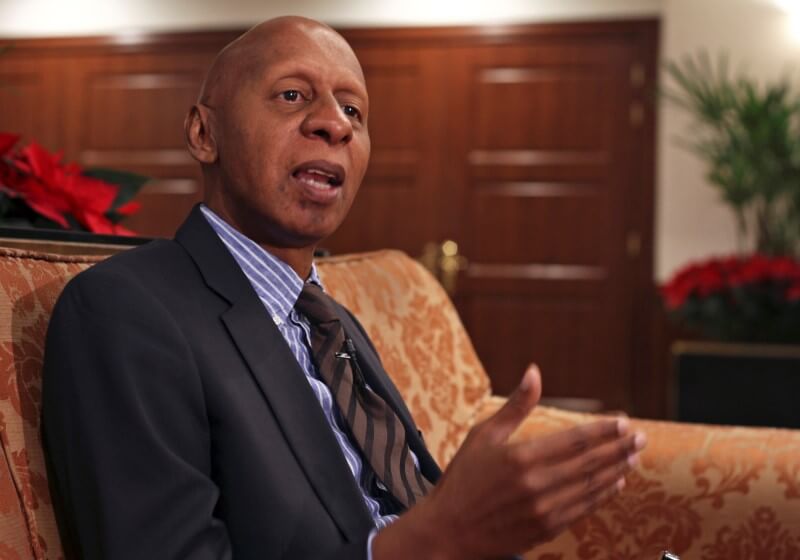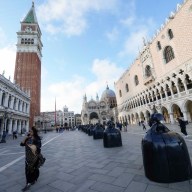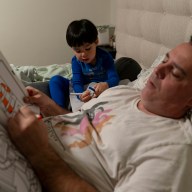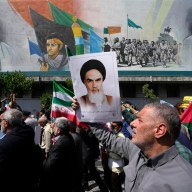By Marc Frank
HAVANA (Reuters) – Veteran Cuban dissident Guillermo Farinas was briefly hospitalized in Santa Clara on Friday after losing consciousness in his home on the 16th day of a hunger strike to protest government repression, his opposition organization said. This was the second time the 54-year-old Farinas, who has staged more than 20 similar actions over the years, was rushed to receive medical attention and intravenous liquids since starting the hunger strike after what he said was a beating by police in his home city of Santa Clara in central Cuba. Farinas, who received the European Union’s Sakharov Prize for Freedom of Thought in 2010, is demanding that such beatings cease and a meeting between dissidents and the government to negotiate an end to repression. Farinas returned home from a hospital after being there for more than seven hours, Juan Carlos Ruiz, a member of Farinas’ organization, the Frente Antitotalitario Unido (the United Antitotalitarian Front), said in a telephone interview from the dissident’s home. “They gave him an intravenous solution. But already he is recovering and right now sleeping,” he said.
More than a dozen other dissidents around the country, mainly members of an opposition organization called the Patriotic Union of Cuba (UPACU) in the eastern part of the country, also are on hunger strikes, with at least two members hospitalized, according to opposition groups. A few of the UPACU members began their hunger strikes earlier than Farinas, also to protest repression.
Farinas has been a vocal critic of the detente between the United States and Cuba that began in December 2014, when he said dissidents should have been included in secret talks preceding it that he called a betrayal. Last week, the U.S. State Department voiced concern about the condition of Farinas and other hunger strikers, and urged Cuba’s government to take action.
“We stand in solidarity with those who advocate for human rights and fundamental freedoms, including freedom of expression and the right to peaceful assembly,” State Department spokesman John Kirby said. Communist-run Cuba calls all political opponents U.S. mercenaries with no popular following.
Dissidents are relatively free to talk among themselves, travel abroad and publish on the internet, though their posts are blocked within the country.
However, Cuban opposition efforts to organize political protests and engage in civil disobedience are regularly met by harassment, mobs of government supporters, temporary detentions and occasional imprisonment. (Additional reporting by Nelson Acosta; Editing by Will Dunham)
Cuban dissident briefly hospitalized, hunger strike in third week

By Marc Frank


















